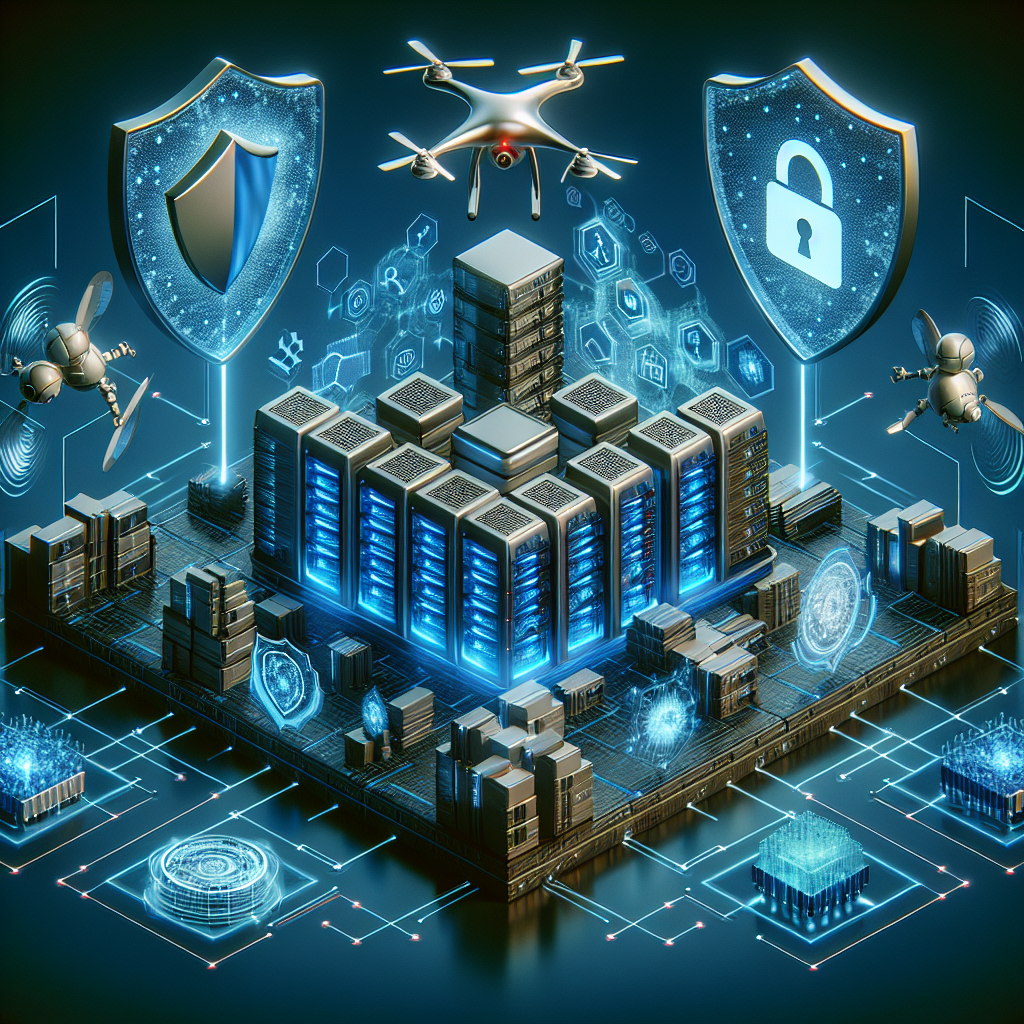Your cart is currently empty!
Best Practices for Implementing Robust Data Center Security Systems

Data centers are the heart of any organization’s IT infrastructure, housing critical data and systems that are essential for daily operations. With the increasing threat of cyber attacks and data breaches, implementing robust security measures is crucial to safeguarding sensitive information and ensuring business continuity. Here are some best practices for implementing strong data center security systems.
1. Access Control: Limiting access to the data center is one of the most basic yet effective security measures. Implementing a multi-factor authentication system, requiring ID badges, and using biometric scanners can help prevent unauthorized individuals from entering the facility.
2. Physical Security: In addition to access control measures, physical security is crucial for protecting the data center from threats such as theft and vandalism. Installing surveillance cameras, alarms, and secure entry points can help deter intruders and provide an additional layer of protection.
3. Network Security: Data centers are vulnerable to cyber attacks, making network security a top priority. Implementing firewalls, intrusion detection systems, and encryption protocols can help secure data in transit and prevent unauthorized access to the network.
4. Monitoring and Logging: Continuous monitoring of the data center environment is essential for detecting and responding to security incidents. Implementing logging and auditing tools can help track user activity, identify potential threats, and ensure compliance with security policies.
5. Data Encryption: Encrypting sensitive data stored in the data center can help prevent unauthorized access in the event of a breach. Implementing encryption at rest and in transit can protect data from being compromised and ensure confidentiality and integrity.
6. Disaster Recovery and Backup: Implementing a robust disaster recovery plan is essential for ensuring business continuity in the event of a security incident or natural disaster. Regularly backing up data and having a plan in place to restore operations quickly can help minimize downtime and mitigate the impact of a security breach.
7. Employee Training: Security awareness training for employees is critical for preventing human error and ensuring compliance with security policies. Educating staff on best practices for data security, such as avoiding phishing scams and using strong passwords, can help reduce the risk of a security breach.
In conclusion, implementing robust data center security systems is essential for protecting sensitive information and ensuring business continuity. By following best practices such as access control, physical security, network security, monitoring and logging, data encryption, disaster recovery, and employee training, organizations can safeguard their data centers from cyber threats and maintain a secure IT environment. Remember that security is an ongoing process, and regularly reviewing and updating security measures is key to staying ahead of evolving threats.

Leave a Reply